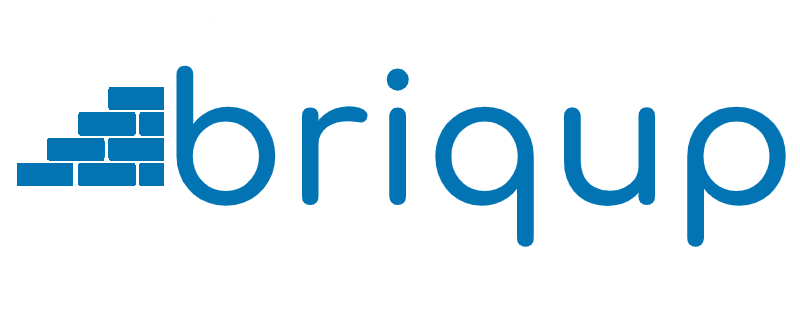Coronavirus is affecting millions in the US as the virus outbreak classified numerous businesses across the country as “non-essential”. The virus has also changed the rate of mortgage applications for refinancing as numerous families are seeking relief by taking on forbearance programs. Simultaneously, mortgage rates are declining driven by the virus and numerous factors related to that case, such as low housing inventory and the rising prices of homes.
Table of Contents
Current Mortgage Rates Gaining More Attention with Decreasing Interest
Mortgage interest rates may vary from lender to lender, while it may also depend on the status of your credit score and daily fluctuations. However, as reported by Black Knight, a housing data provider, average mortgage rates weekly in May were set at 3.15% for a 30-year mortgage. Moreover, in the same month, rates for 15-year mortgages were set at 2.6%. Lenders may choose to offer higher mortgage rates, while mortgage users with higher rates than average can consider refinancing.
When to Consider Mortgage Refinancing: Should You Refinance Your Mortgage?
Mortgage users may take advantage of mortgage refinancing to lower your monthly payments. Depending on the lender you choose, you may extend your 30-year mortgage in a way that your payments are reduced every month. On the other hand, a 15-year mortgage has a lower rate since lenders are utilizing reduced risks. During an unpredictable economic status such as the case with the virus outbreak, it can be more than handy to apply for refinancing as you can take advantage of equity to boost your credit score or gain a financial relief.
How to Get an Approval for a Loan?
Your credit score is the key for you to get an approval for a loan. Lenders are creating stricter requirements since mortgage rates are declining and there is a rising demand for housing mortgages. That means that the majority of lenders will approve mortgage applications only for favorable credit scores.


